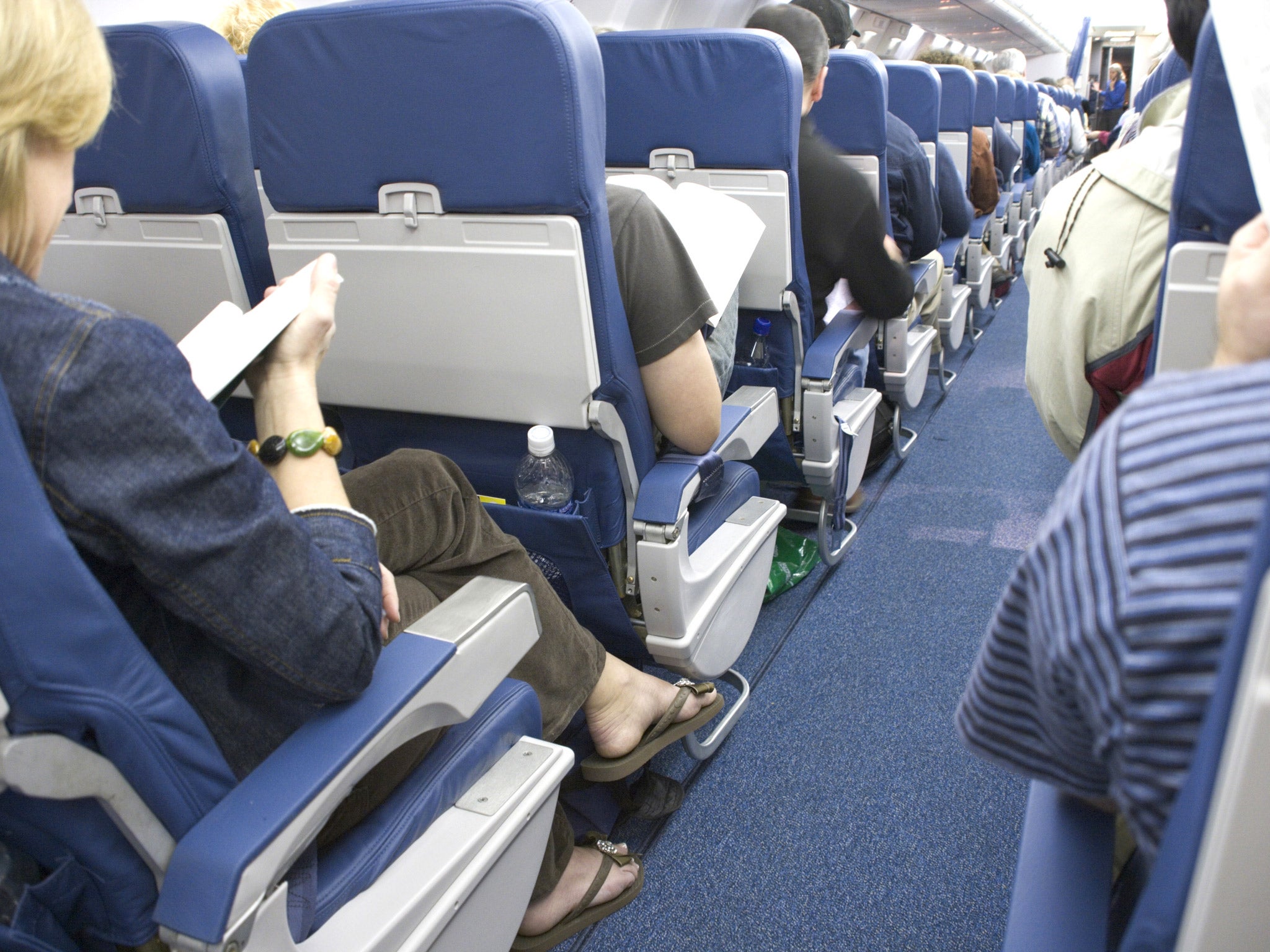It’s plane as day: flying really can turn you into an airhead

Your support helps us to tell the story
From reproductive rights to climate change to Big Tech, The Independent is on the ground when the story is developing. Whether it's investigating the financials of Elon Musk's pro-Trump PAC or producing our latest documentary, 'The A Word', which shines a light on the American women fighting for reproductive rights, we know how important it is to parse out the facts from the messaging.
At such a critical moment in US history, we need reporters on the ground. Your donation allows us to keep sending journalists to speak to both sides of the story.
The Independent is trusted by Americans across the entire political spectrum. And unlike many other quality news outlets, we choose not to lock Americans out of our reporting and analysis with paywalls. We believe quality journalism should be available to everyone, paid for by those who can afford it.
Your support makes all the difference.Air passengers should avoid making important decisions whilst cruising at altitude, according to Britain’s first professor of aerospace medicine.
Giving his first press conference since his appointment at Kings College, Professor David Gradwell revealed a series of “don’ts” for would-be travellers.
Aircraft cabins are pressurised but only to a level equivalent to that on top of a 6,000 to 8,000ft mountain where the air is thinner and less oxygen reaches the brain. If technology improves to give passengers access to the internet while flying, “it may not be the best place to answer that important email”, he advised.
Don’t fly east if you want to avoid jet lag, he added. Most people tolerate flying west, when the day is lengthened, better. And don’t go indoors on arrival but get out in the daylight – as it is the quickest way to adjust your bodyclock.
Prof Gradwell also advises against sitting still for the entire flight, or rejecting the water offered by the flight attendants, as moving your legs and feet and staying well hydrated are the best defence against deep vein thrombosis, a hazard of long haul flying.
However, don’t waste money on compression stockings – they are supposed to reduce the amount of blood sitting in the veins but there is no evidence they help, he said.
Prof Gradwell also advised that the best way for air passengers to stay safe is to avoid driving themselves to the airport – because crashes are much more likely on the road.
Join our commenting forum
Join thought-provoking conversations, follow other Independent readers and see their replies
Comments